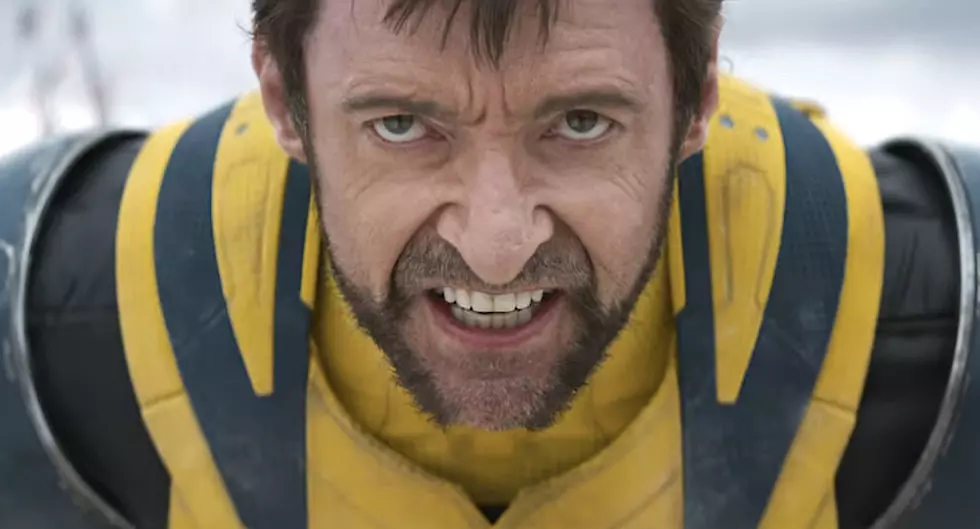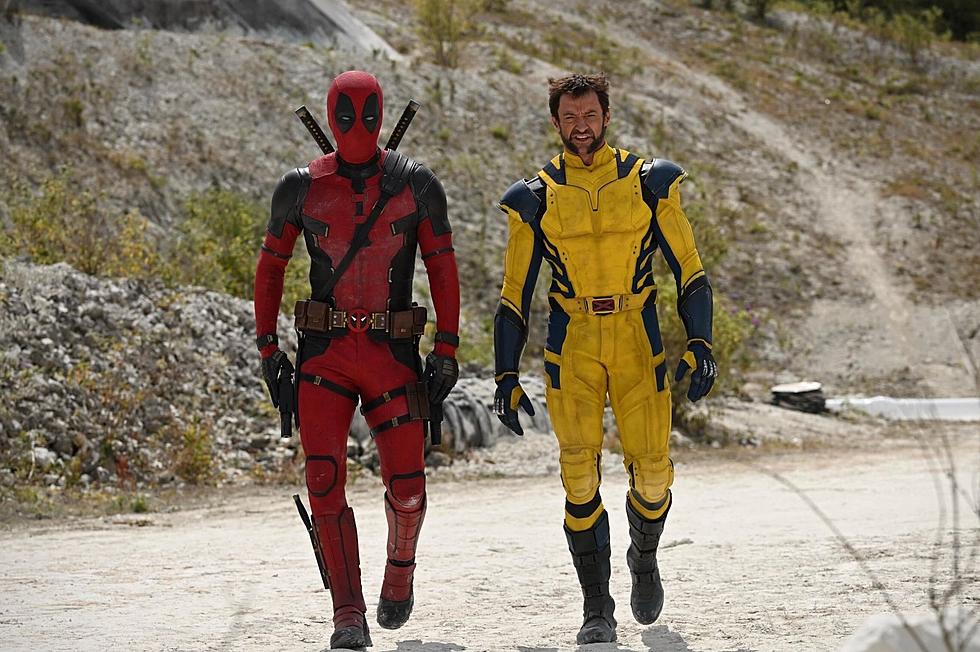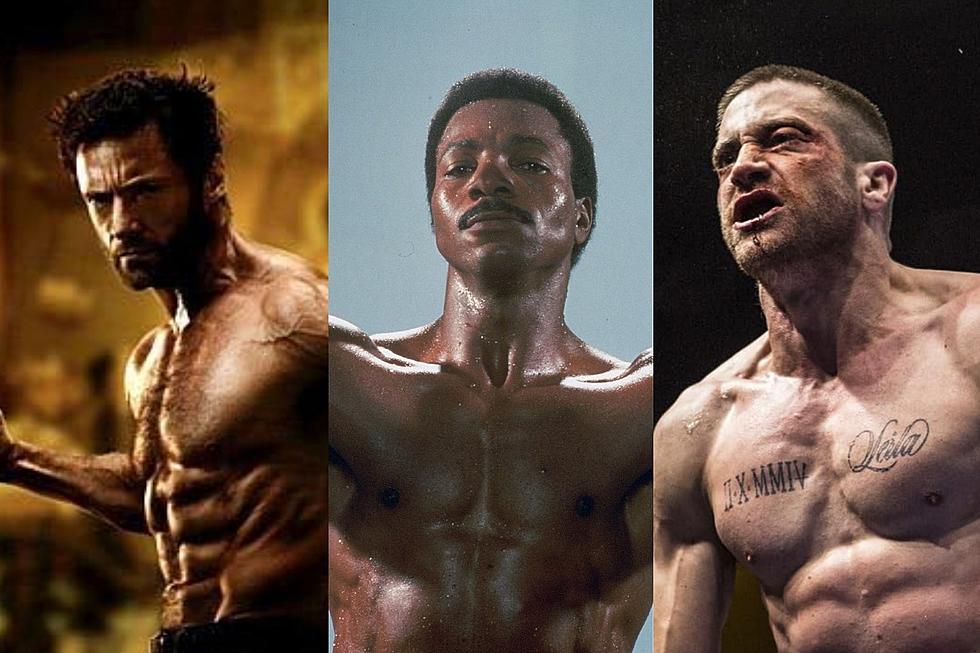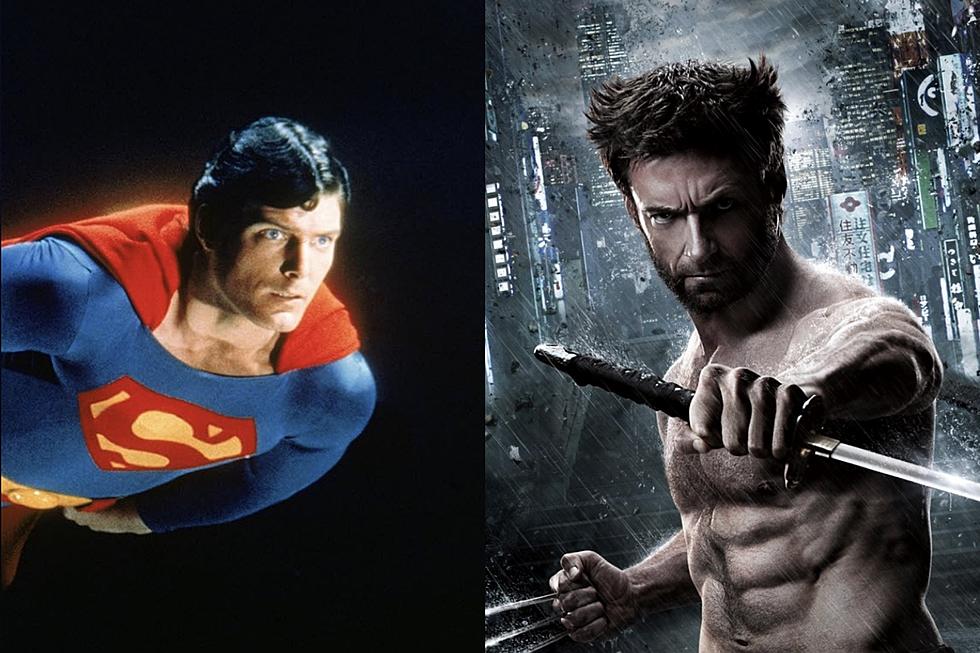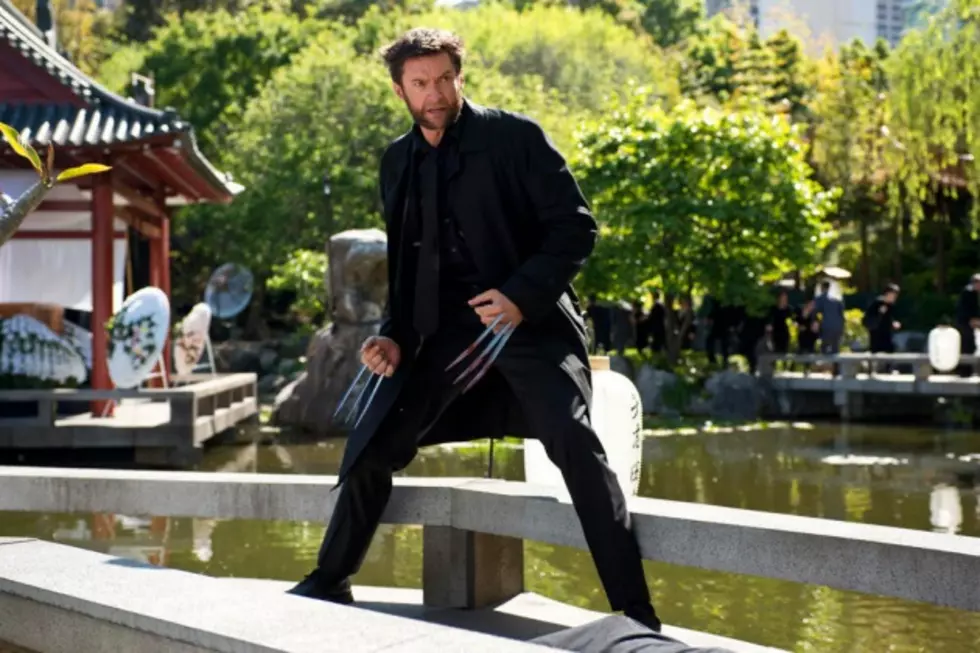
‘The Wolverine’ Extended Edition: How Director James Mangold Made 2013 the Best Year for Superhero Films
Recently, Fox screened the new director’s extended cut of ‘The Wolverine’ and hosted an interview with the film's director, James Mangold. Aside from the added 12 minutes of additional scene and violence, the extended cut highlights 2013 as the year Hollywood finally cracked how to make great comic-book movies. Though there has been amazing films made from the pages of Marvel and DC -- this year produced ‘Iron Man 3,’ ‘Thor: The Dark World,’ ‘Man of Steel’ and ‘The Wolverine’ -- what makes these so special is how they've been informed by previous cinematic misfires.
As for the new cut of ‘The Wolverine,’ it’s not a radical departure, but it would make the film R-rated (it’s being released in an unrated edition). For example, where most PG-13 movies get to use the F word once, here Logan/Wolverine (Hugh Jackman) drops three F bombs, while some fight scenes showcase more blood. By the nature of Wolverine having steel blades coming out of his knuckles, the franchise has done its best to keep those claws away from human limbs and carotid arteries, but this entry has him fighting more humans, so the additional gore is welcome. But even with some additional carnage, 'The Wolverine' was always intended to be a PG-13 movie, so these additions can only do so much (it’s no ‘Kill Bill,’ after all). Though the idea of an R-rated Wolverine movie is a good one, it will never, ever happen. Sadly.
'The Wolverine' follows the title hero as it picks up after the events of ‘X-Men: The Last Stand’ (a bold choice in and of itself, because most fans aren't fond of that one). We find Logan living in the wilderness of Alaska as he's haunted by the ghost of Jean Gray (Famke Janssen), who attempts seducing the immortal Logan to join her in death. He only comes back to humanity when he’s delivered in by Yukio (Rila Fukushima) to meet leading captain of industry Yashida (Haruhiko Yamanouchi), who Logan saved from the atomic bomb during World War II. Yashida says he has a gift for Logan and suggests he can take away Logan's immortality. However, Yashida dies suddenly before he can give that gift, which elevates his granddaughter Mariko (Tao Okamoto) to head the family business. That puts her in the sights of the yakuza, who attempt to kidnap her at her father’s funeral. In steps in Wolverine to protect the damsel in distress, as her father and betrothed are not entirely trustworthy. But Viper (Svetlana Khodchenkova) has poisoned Logan, which suppresses his healing capabilities.
Taking the project could have been a disaster for Mangold, as he was replacing Darren Aronofsky. The director knew this could be problematic:
Following Darren seemed like a suicide mission. I felt like anyone who would even attempt to make it would get slaughtered - and I say this as a great admirer of Darren -- it'd be like following Springsteen or something. Everyone is just going to imagine what could have been. But time went by. The project didn't get filled.
It turns out that Mangold was a perfect fit for the film, much as Sam Mendes proved an optimal director for James Bond. Though their previous films may have been mostly Oscar-bait-type films, these are smart filmmakers who brought a thoughtful approach to the material.
It’s interesting that both ‘The Wolverine’ and ‘Iron Man 3’ came to the same conclusion in terms of how to tell a new story with the character. In both cases, the superhero is stripped of his powers for much of the running time, which makes them both more vulnerable and relatable. Though it’s never in doubt they will return to full strength, stripping them down effectively raised the stakes.
'The Wolverine' also works to make the narrative personal. This isn’t about worlds being destroyed and epic battles for the fate of humanity; in both cases it’s more of a murder mystery. Explains Mangold:
To me, this was a film that wasn't going to operate on the "Will the world be saved?" question. So it's gonna live and die by just whether you're interested in Wolverine as a character. It may not seem gigantic from the outside, but from the inside it's an entirely different construction in the way there is no real central villain or villains.
In the case of both ‘Iron Man 3’ and ‘The Wolverine,’ they’re coming off of lesser sequels (‘Iron Man 2,’ ‘X-Men Origins: Wolverine’), so a rethink was necessary, and for both an artist who isn’t normally associated with this sort of material was brought in to bring new life and a different angle in telling these stories. Frankly, it was needed.
The problem was that great action scenes are a given in comic-book films, but there needs to be a compelling narrative as well, not just a handful of great trailer shots. The best way to do that, says Mangold, is to bring the characters back down to Earth:
I don't think this hurt the first Wolverine film at all, but when he leaps up and brings down a helicopter, to me, that's too much. It's getting into Superman territory. He doesn't have frog legs. He shouldn't be able to jump that high. My own idea of him is that there's tremendous strength, but that it's somehow still bound by physics in some way that we certainly pushed to the max too, but not quite that far. It turns into a video game watching characters flip through the air in any which way.
One of the best things about the crop of 2013 superhero films is that we’re finally moving away from origin stories. Ever since 1989’s ‘Batman,’ almost every superhero story has dedicated inordinate screen time to showing how a hero or a villain was “born.” We’re at a point now where these characters have been around long enough that it’s hard to start from the beginning again (which may be why ‘The Amazing Spider-Man’ was so weak), and it’s possible the people behind these movies realized that one of the best comic-book characters of the past decade of comic-book box-office dominance was The Joker in ‘The Dark Knight.’ This shift in approach means that these films don’t have to fall back on the familiar, and the movies are starting to play more with familiar characters like General Zod in 'Man of Steel' or The Mandarin in 'Iron Man 3.'
We’re also at a point now where world building has taken place, and there's little need to lay more groundwork. Marvel films previously suffered from inserting elements into the narrative simply to build the larger universe (or, more to the point, set up ‘The Avengers’), whereas this year characters returned, and new heroes and villains were introduced not merely to set up another movie or to score quick nerd points. The last couple years have been replete with superhero movies so anxious to make a sequel that they didn't feel like full meals, giving warm welcomes to more contained narratives like 'The Wolverine.' One of the best elements of ‘The Wolverine’ is that it functions as a standalone story, operating as much as a Bond-style adventure (and it seems apparent that ‘You Only Live Twice’ was an influence) as it does a part of the continuing saga of the X-Men.
Perhaps the big change was a focus on character over spectacle. Even ‘Man of Steel’ realized that it was about connecting to Superman as much as it was about the World Engine. There have been complaints that the villain in ‘Thor: The Dark World’ is something of a blank, but that works for the film because he’s more of a plot device than character. We enjoy the films because of the main characters and their interactions, and this focus on character has brought new life to the genre. It’s also great to see a superhero movie about something. As Mangold said, "When I came on the movie, I wrote on the back of the script very early, ‘Everyone I love will die.’ And I thought, how do I make a tentpole movie about death?'”
For the most part, ‘The Wolverine’ succeeds in telling a smaller, more personal story than the previous entry, though it’s also evident that the formula hasn’t been perfected. The character of Viper may be a necessary plot point/evil, but the character feels out of place with most of the rest of the film; one can see that the screenwriters wanted to juice up the finale in introducing the Silver Samurai to fight Logan and all sorts of twists and turns (some plod), but there’s enough great stuff in the film that it’s not as bothersome as the growing pains evinced in 2011’s crop of comic-book movies. That year saw ‘Thor,’ ‘X-Men: First Class,’ ‘Green Lantern’ and ‘Captain America: The First Avenger,’ all of which functioning as origin tales (some better than others), and all setting up future adventures to the detriment of the films themselves. Where this year’s crop mixed up what kinds of stories were being told, while also having filmmakers who had personalities and didn’t seem driven by committee-based decisions for maximum four-quadrant penetration. 'The Wolverine' has personality and style wherein ‘X-Men Origins: Wolverine’ not only unearthed why Wolverine became Wolverine, but it introduced a bunch of new mutants, including (of all people) Gambit.
Though we’ve opined about the end of Hugh Jackman’s run, it looks like he and Mangold will return for another Wolverine movie. Though the actor has been in the role for 13 years now (and he’s 45 years old), it seems he’s not ready to retire the costume yet. According to Mangold, “I think that the moment Hugh is tired of doing this, personally not challenged, he’ll stop.” Considering the success (both fiscally and creatively) of ‘The Wolverine,’ it’s hard to say no.
The extended cut of 'The Wolverine' is available now for digital download, and will be released on DVD and Blu-ray on Tuesday, December 3.
More From ScreenCrush
